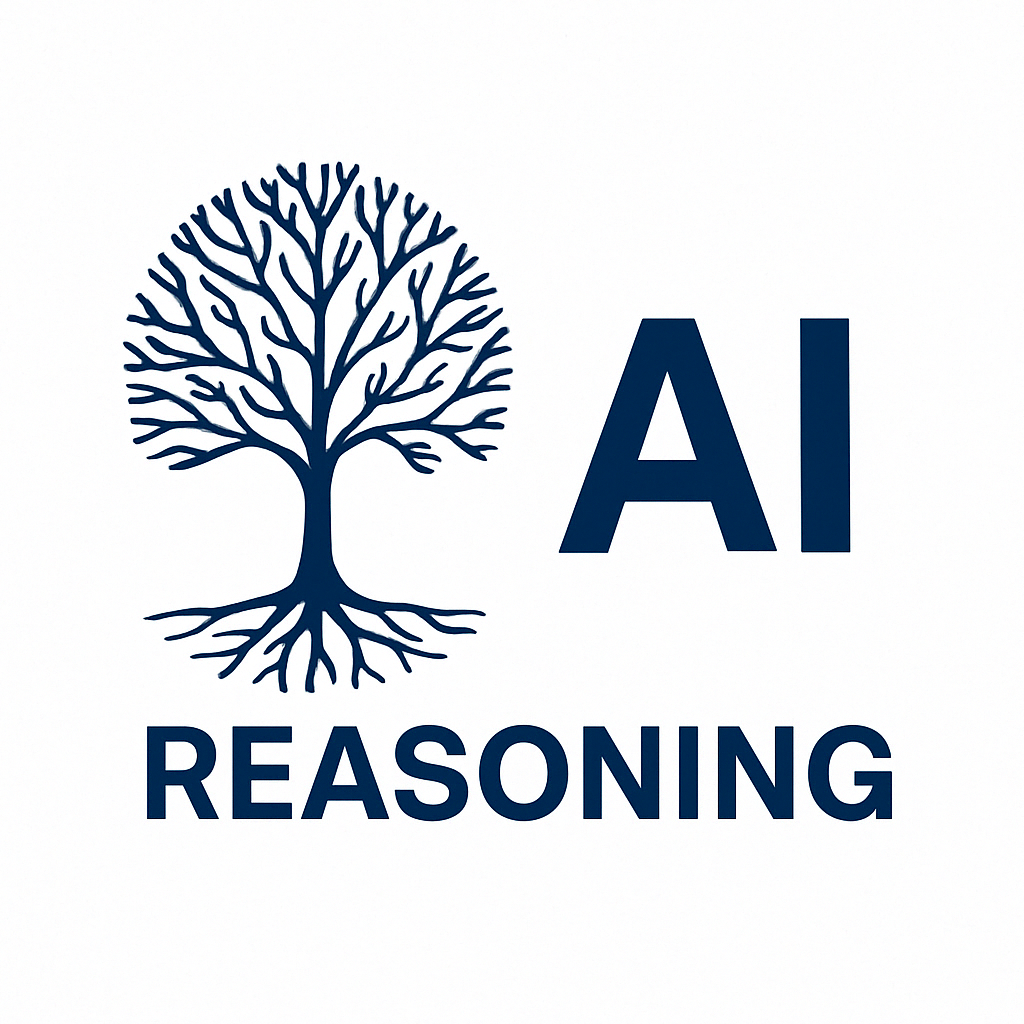 Clinical Data Science
Clinical Data Science
Core Priority: Retrieval-Augmented Generation (RAG) #
RAG is one of the most in-demand skills in clinical GenAI due to:
- The need to ground LLMs in real patient data
- Compliance, privacy, and traceability
- Applications like:
- Clinical Question Answering
- Summarization of EHRs
- Evidence-based recommendations
Key Tools: #
- Vector DBs: Vertex AI Search, Pinecone, FAISS
- LLMs: Gemini, GPT-4, PaLM, Med-PaLM
- Frameworks: LangChain, LlamaIndex, Vertex Extensions
Other High-Demand Skillsets #
-
Clinical NLP & Information Extraction
- Named Entity Recognition (NER)
- Negation detection
- Temporal event extraction
- Tools: scispaCy, MedSpaCy, cTAKES, ClinicalBERT
-
LLMOps & GenAI Engineering
- Prompt tracking and versioning
- Chain-of-Thought reasoning pipelines
- RAG monitoring and evaluation
- Tools: LangChain, LangSmith, PromptLayer, Trulens
- Prompt tracking and versioning
3. Knowledge Graphs & Ontologies #
- UMLS, SNOMED, HPO integration
- Graph-based document ranking
- Symbolic-neural hybrid reasoning
- **Tools**: Neo4j, BioPortal APIs, KG-BERT
4. Temporal Modeling & Phenotyping #
- Patient timeline extraction
- Longitudinal modeling
- Conversion to OMOP/FHIR representations
- **Tools**: PyOMOP, Synthea, FHIR parsers
5. Multimodal Clinical AI #
- OCR and document understanding
- Fusion of tables, images, and text
- Radiology + Report generation
- **Tools**: Document AI (GCP), Form Recognizer (Azure), BioGPT-Vision